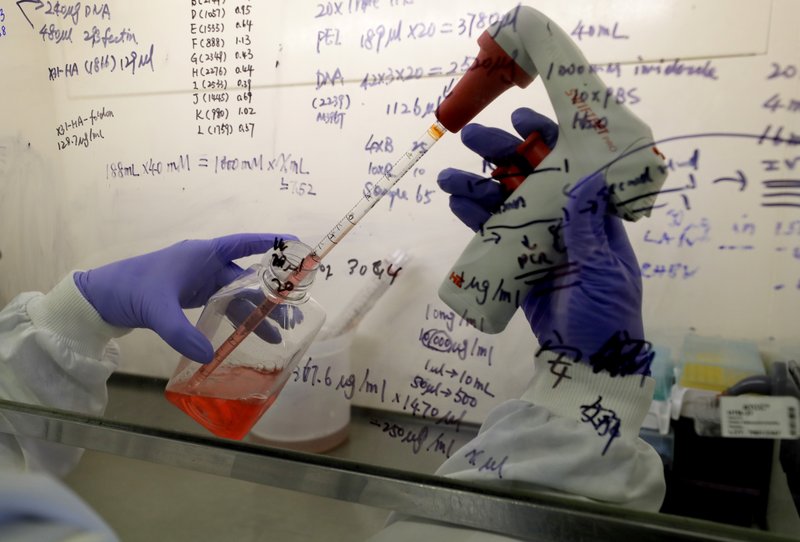
India, South Africa ask WTO to ease IP rules for COVID-19

South Africa and India have asked the World Trade Organization to waive some provisions in the international agreements that regulate intellectual property rights, to speed up efforts to prevent, treat and contain the COVID-19 pandemic and make sure developing countries are not left behind.
The countries argue, in a joint submission to the Council for Trade-Related Aspects of Intellectual Property Rights dated Friday, that without a rapid waiver of some existing safeguards for intellectual property rights, some countries — particularly developing ones that have been “disproportionately impacted” — would find it hard to access vaccines or medicines quickly.
Activists have warned that a COVID-19 vaccine could be hoarded by rich countries in a race to inoculate their populations first. Some countries including Britain, France, Germany and the U.S. have ordered hundreds of millions of doses of potential vaccines even before clinical trials have shown they are effective.
Poorer countries, whose economies have been shattered by the pandemic, are not in a position to place such bets. With the world surpassing 1 million confirmed COVID-19 deaths, urgency has grown.
Leena Menghaney, who heads the access campaign in South Asia for international aid group Doctors Without Borders, called it “crucial that other member governments of the WTO support this, as we need to ensure that vaccines, drugs and other medical tools needed for COVID-19 can be scaled up by countries and their manufacturers without facing protracted negotiations for licenses.”
South Africa and India are seeking waivers to rules that relate to copyright, industrial designs, patents and the protection of undisclosed information or trade secrets, and they propose that the waiver be in place “until widespread vaccination is in place globally” and most of the world has developed immunity to the coronavirus.
The countries say there are “significant concerns” about whether new treatments and vaccines being developed for COVID-19 would be made available promptly and affordably to meet the global demand.






